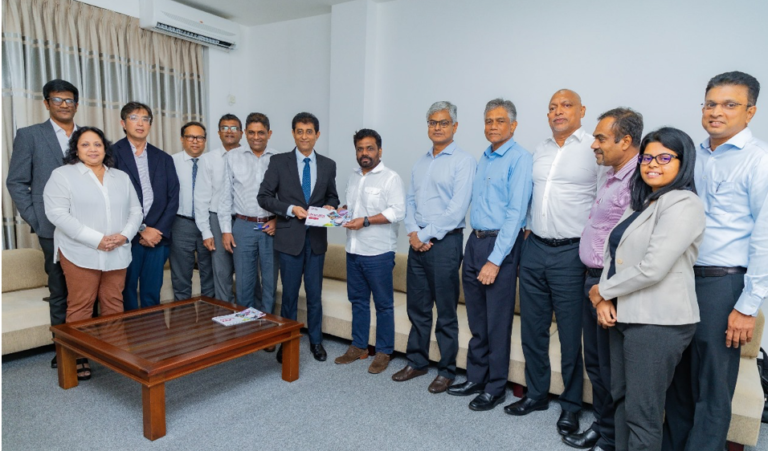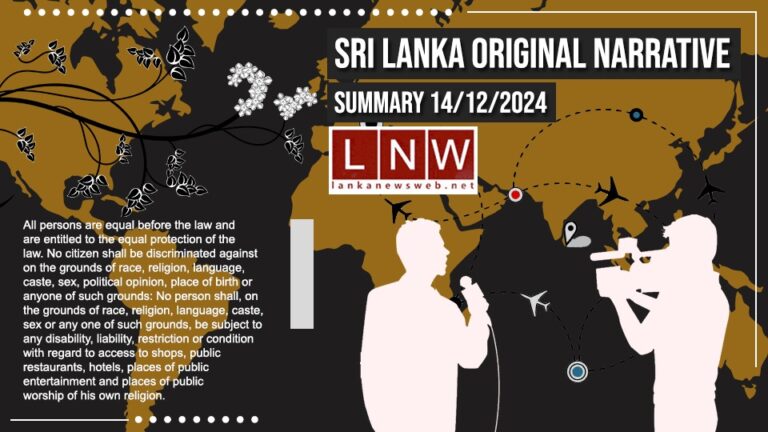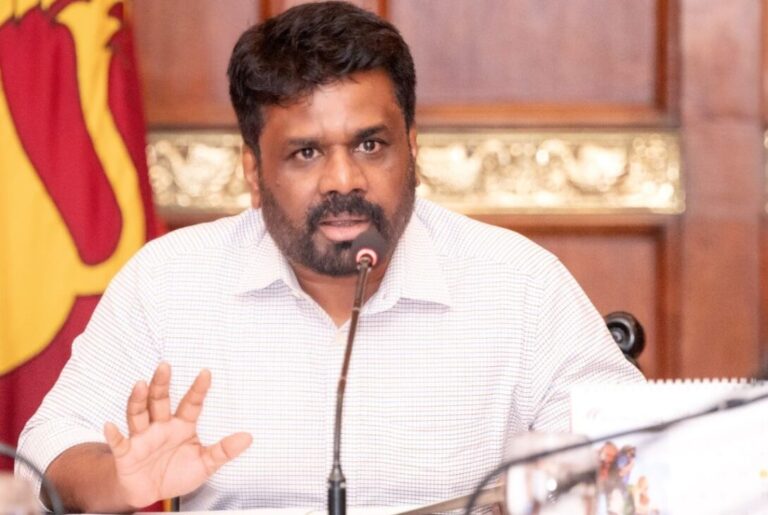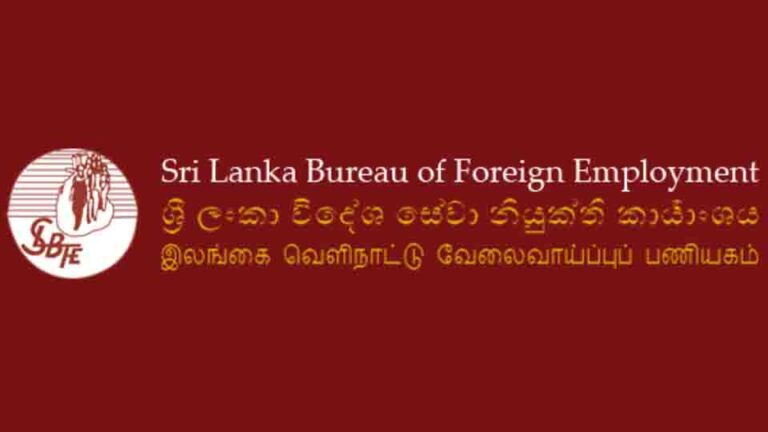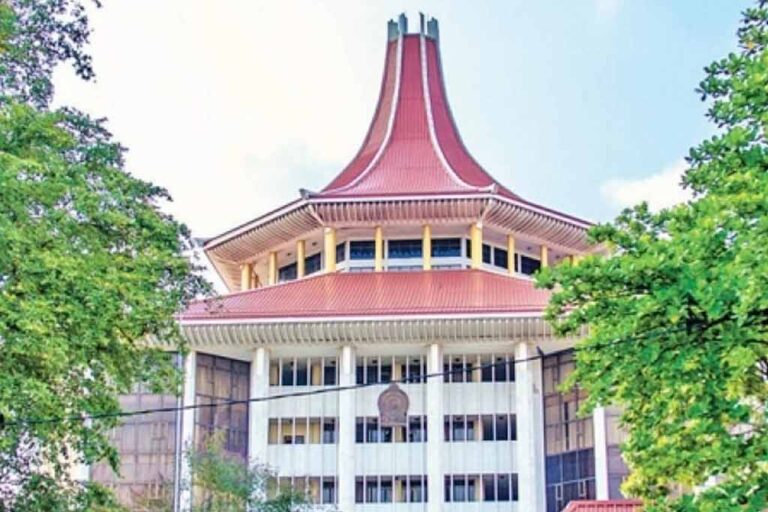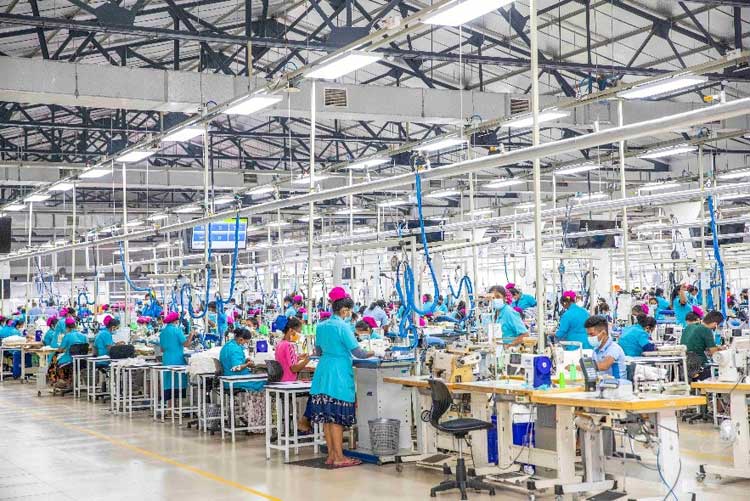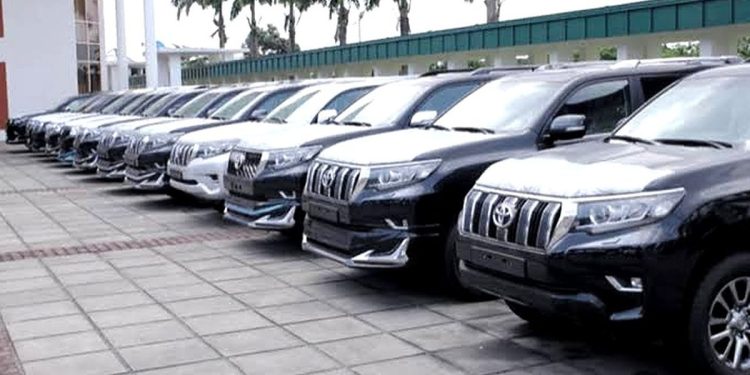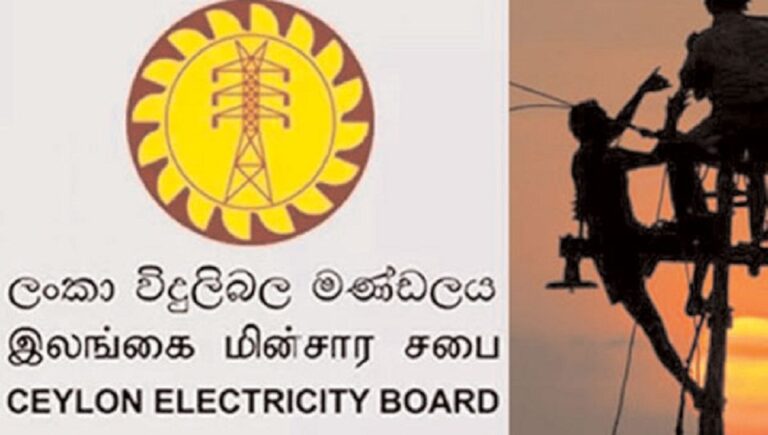By Adolf
The current government is hastily appointing private sector managers to key government positions without adequate vetting of their credentials or conflicts of interest. The recent fiasco involving the Speaker is a case in point, challenging the very foundation of the government’s credibility. Appointing individuals with clear conflicts of interest, particularly from the private sector, undermines the principles of good governance, accountability, and public trust. This approach jeopardizes institutional integrity, erodes public confidence, and leads to inefficiencies or abuses of power.
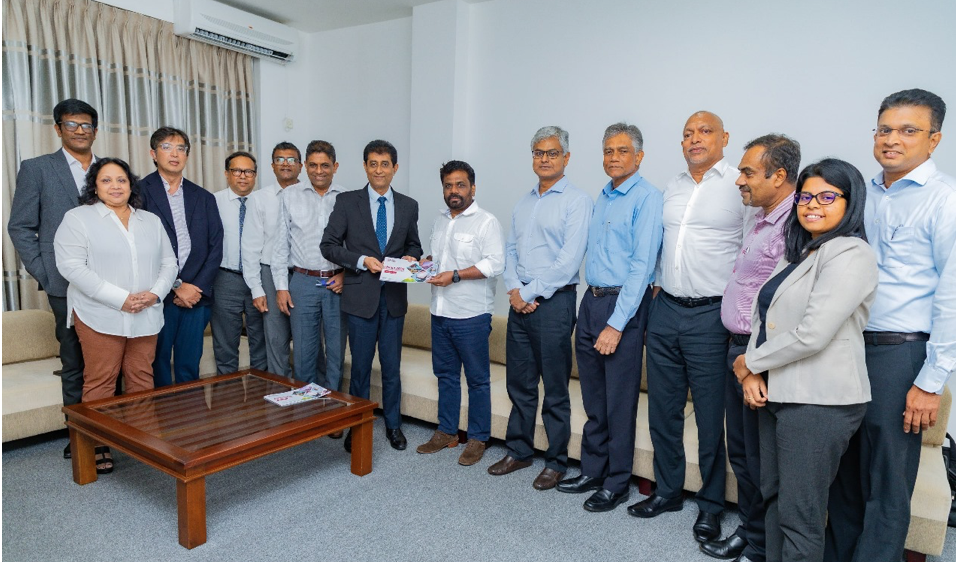
For instance, should the chairman of a premier business chamber serve as an adviser to the Ministry of Finance while simultaneously maintaining a tax consultancy practice? Similarly, the CEO of a real estate company has been appointed as chairman of a government property enterprise, and a business director from the airline industry now heads SriLankan Airlines. Even a telecom executive has been tasked with advising on technology development—without any cooling-off period. The list goes on.
Such appointments could be acceptable if these individuals relinquished their private sector roles and functioned independently. However, claiming to work “honorarily” while benefiting financially from related activities is indefensible. Adding to the concern, some of these appointees have been allowed to recommend their friends and associates for key positions, further entrenching conflicts of interest and eroding the credibility of the process.
A conflict of interest arises when personal, financial, or other interests compromise an individual’s ability to make impartial decisions in the public interest. Government officials are expected to act as stewards of public resources, upholding transparency and fairness. Appointing conflicted individuals creates a significant risk of decisions being influenced by private interests rather than the greater good. This undermines institutional legitimacy and hinders progress in critical areas such as economic development, infrastructure growth, and social equity.
One of the most significant consequences of such appointments is the erosion of public trust. Governments operate effectively when citizens believe in the fairness and integrity of public institutions. When appointments appear to be driven by cronyism or personal gain, citizens lose faith in governance, leading to reduced civic engagement and compliance with policies. This disillusionment can escalate into political instability, as seen in countries plagued by corruption scandals.
Economically, appointing conflicted individuals often results in resource misallocation. Decision-makers with vested interests may prioritize policies or projects that benefit their private enterprises, diverting resources away from pressing national needs like healthcare, education, and infrastructure. Over time, this hampers sustainable economic growth and social development.
Moreover, this practice discourages capable, ethical professionals from joining public service. When key positions are filled based on loyalty rather than merit, the quality of governance declines. Ill-informed decisions and policy failures become inevitable, diminishing institutional credibility.
To address this, the government must enforce stringent mechanisms for vetting appointments. Transparent guidelines on conflicts of interest should be established and rigorously applied. Independent oversight bodies can evaluate candidates’ qualifications and ensure they meet ethical standards. Transparency, including public disclosure of appointees’ affiliations, can deter conflicted appointments.
In conclusion, appointing conflicted individuals even though they are competent to key government positions erodes trust and weakens governance. The government must prioritize merit, accountability, and transparency to restore credibility. Failure to address this issue risks further public disillusionment and embarrassment, threatening the government’s standing with the people.

